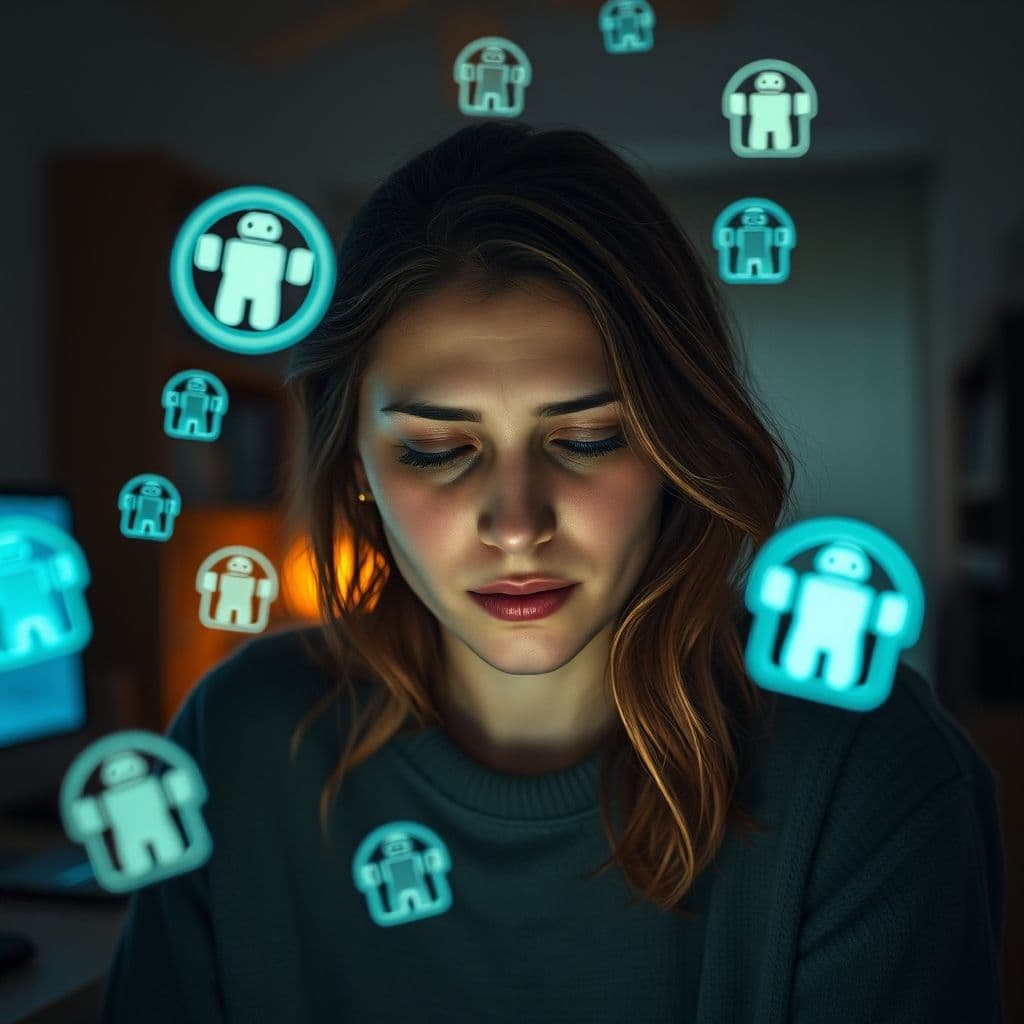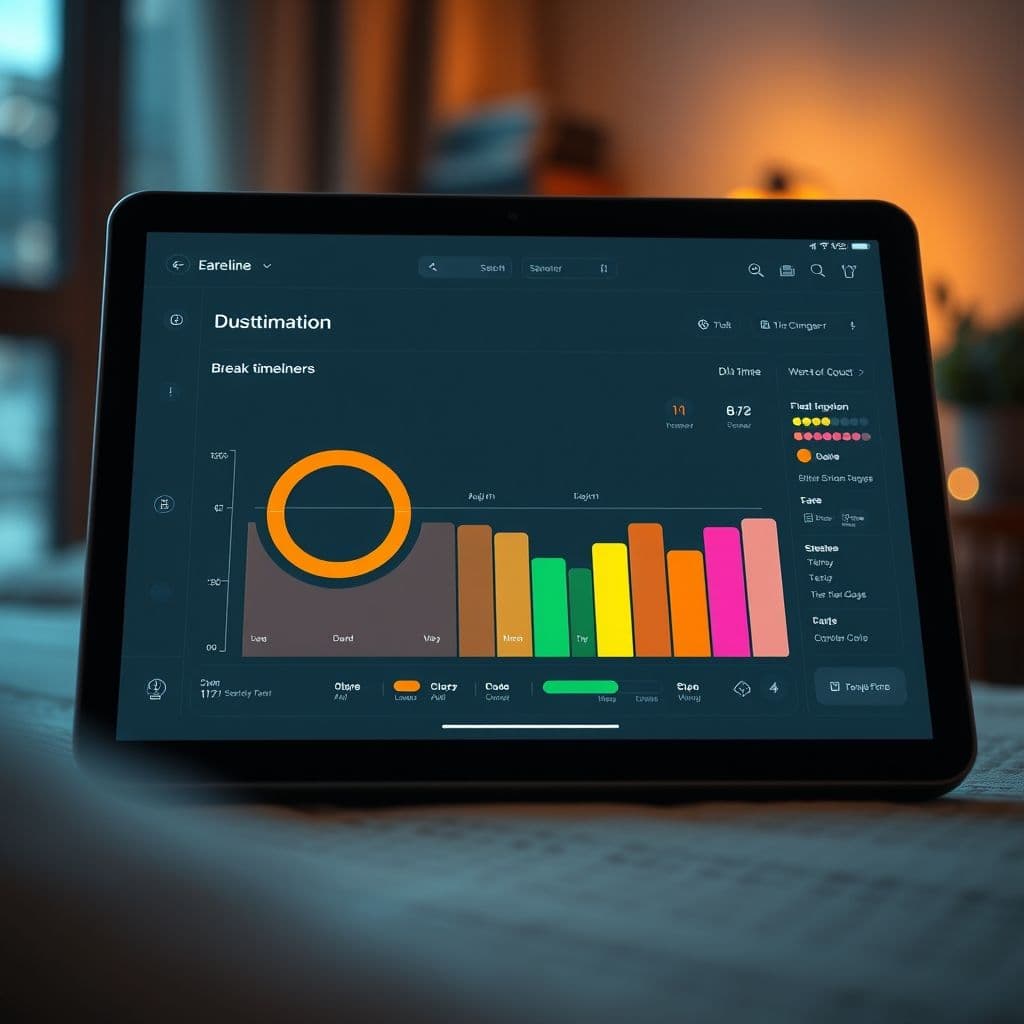Burnout Crisis: A Hypothetical SaaS Solution for Overwhelmed Caregivers

The viral TikTok confession 'I just need a break' has resonated with millions, exposing a silent epidemic of caregiver burnout. This emotional outcry reveals a systemic failure in how we support those who constantly support others. But what if technology could offer a lifeline? Let's explore an innovative SaaS concept designed specifically for overwhelmed individuals drowning in responsibilities.
The Burnout Epidemic: Understanding the Crisis
The comments on the viral video paint a disturbing picture of modern exhaustion. Primary caregivers, especially women, describe feeling like emotional and logistical support systems for everyone around them while receiving no support in return. This isn't just tiredness - it's a complete depletion of physical, emotional, and mental resources. The common threads include: relentless multi-tasking, invisible labor, emotional suppression, and the devastating feeling that no one notices their suffering. Many describe pushing through until they physically collapse, with some commenters reporting they've already 'burned to ash.'

Hypothetical SaaS Solution: The Self-Care Operating System
Imagine a comprehensive wellness platform that functions like an operating system for self-care. This hypothetical SaaS would combine several innovative features: an AI-powered break scheduler that finds micro-moments in chaotic calendars, a mood tracking system that detects burnout patterns before crisis hits, and a peer support network matching users with others in similar situations. The system would learn user patterns - recognizing when they typically become overwhelmed and proactively suggesting interventions.
Key differentiators would include: responsibility delegation tools that help users say no, guided breathing exercises tailored to available time windows (from 30 seconds to 30 minutes), and an emergency 'respite mode' that creates immediate boundaries when users reach breaking point. Unlike generic meditation apps, this platform would specifically address the unique challenges of caregivers and over-responsible individuals.

Potential Impact and Implementation Challenges
For primary caregivers juggling multiple roles, this tool could provide the structured support system they lack in daily life. The mood prediction algorithms might prevent breakdowns by recognizing patterns before the user does. The peer network could reduce isolation by connecting people who truly understand each other's struggles. However, significant challenges would exist in design - the interface must be simple enough for exhausted users, the notifications helpful rather than burdensome, and the privacy protections robust for sensitive mental health data.
Conclusion
While this SaaS concept remains hypothetical, the overwhelming response to the original TikTok confirms an urgent need for better support systems. Technology alone can't solve societal expectations that drive burnout, but thoughtfully designed tools could help individuals reclaim moments of peace in overwhelming lives. Perhaps the first step is recognizing - as the viral video did - how many people are quietly struggling with this invisible burden.
Frequently Asked Questions
- How would this SaaS differ from existing mental health apps?
- Unlike general meditation apps, this hypothetical platform would specifically target the unique challenges of caregivers and over-responsible individuals, with features like responsibility delegation guidance, crisis intervention tools, and peer matching with others in similar situations.
- What would prevent users from ignoring the self-care reminders?
- The proposed system would use escalating alerts that become more assertive when burnout risk increases, along with accountability features like optional social commitments and personalized consequences that matter to each user (like donating to a cause they dislike if they skip too many breaks).
- Could this technology potentially enable more overwork?
- There's a valid concern that some might use efficiency tools to cram more into their days. The hypothetical platform would include safeguards like mandatory minimum break enforcement and warnings when users consistently override recommendations, reframing self-care as non-negotiable maintenance rather than optional luxury.


